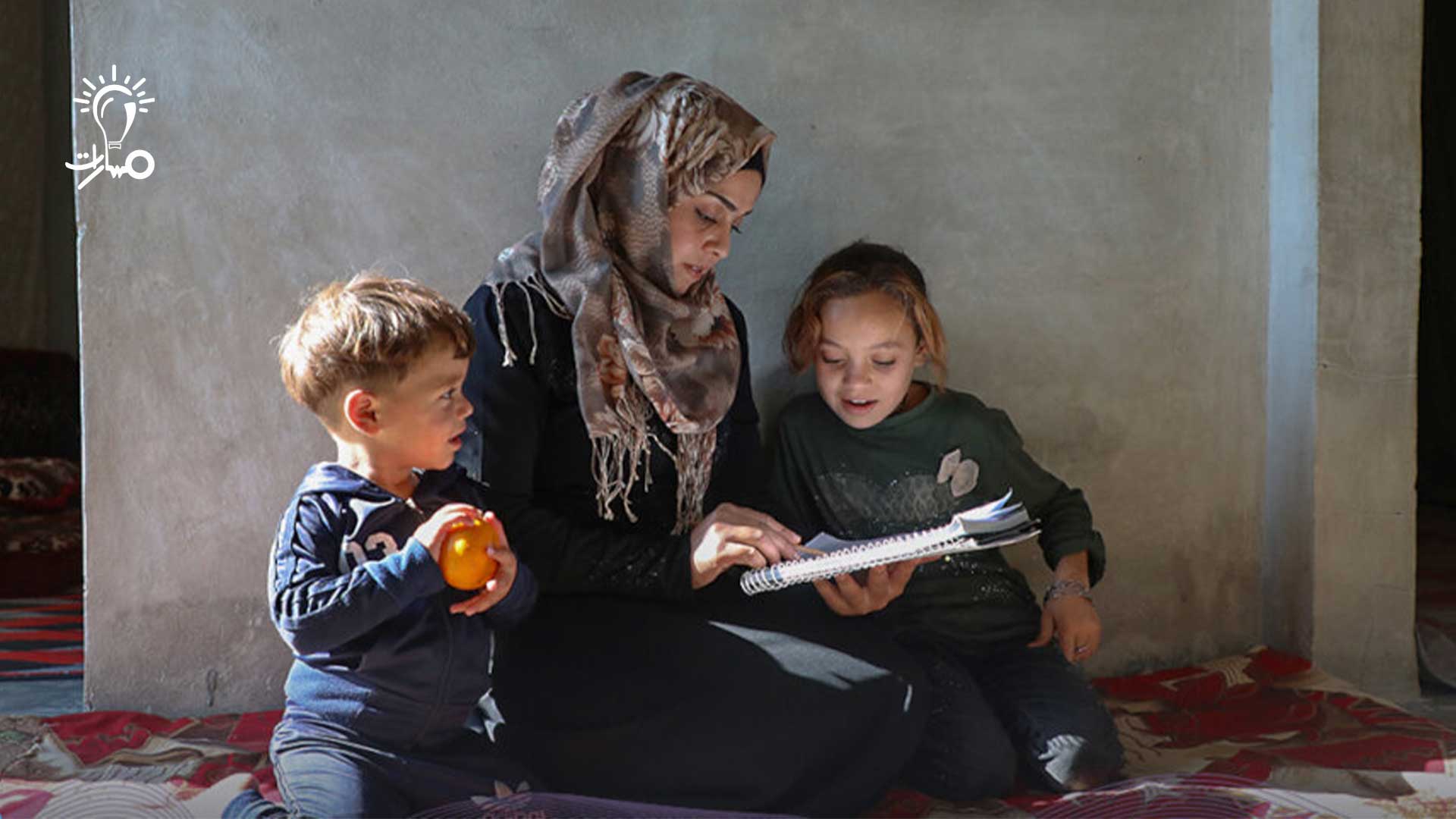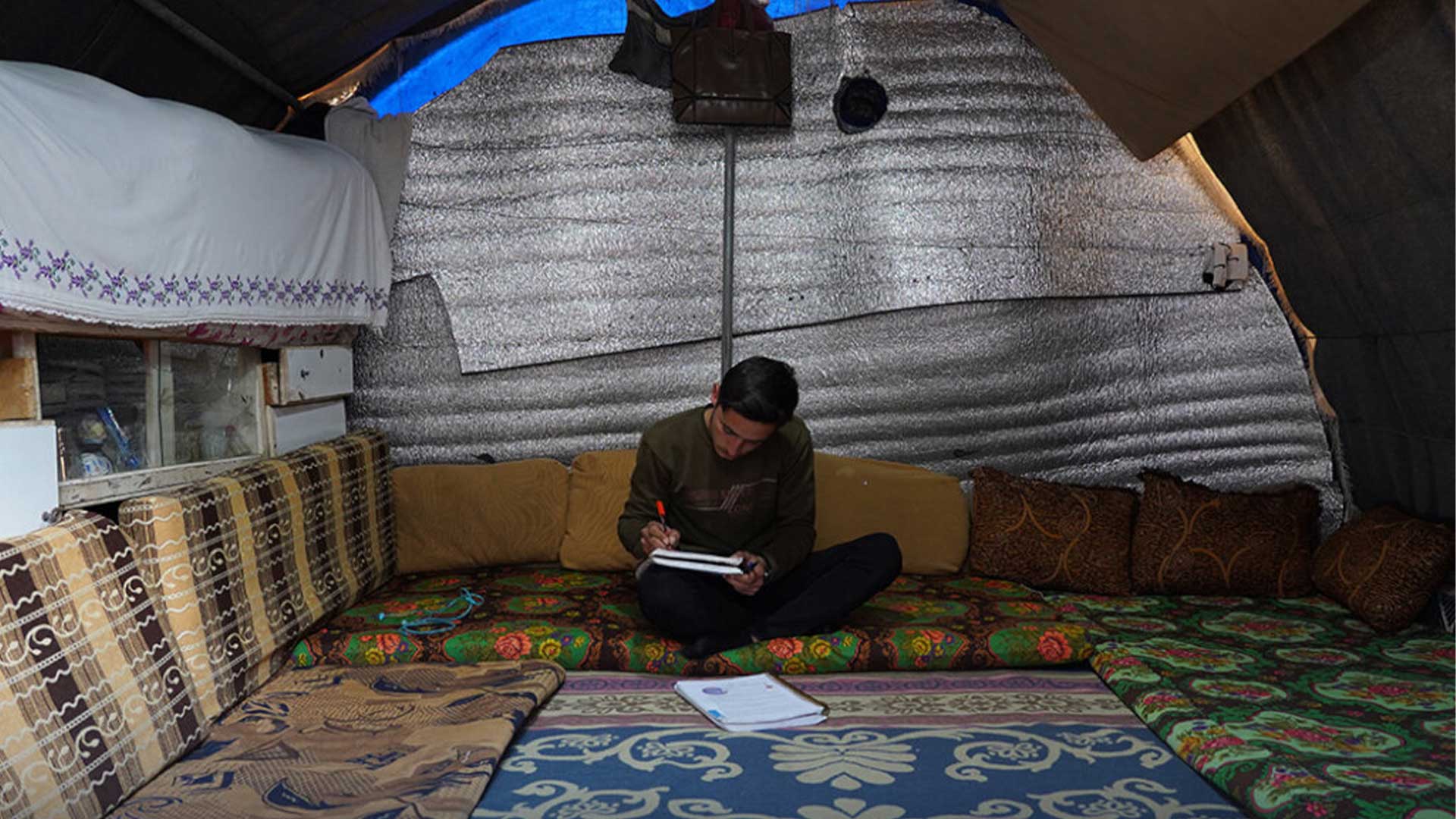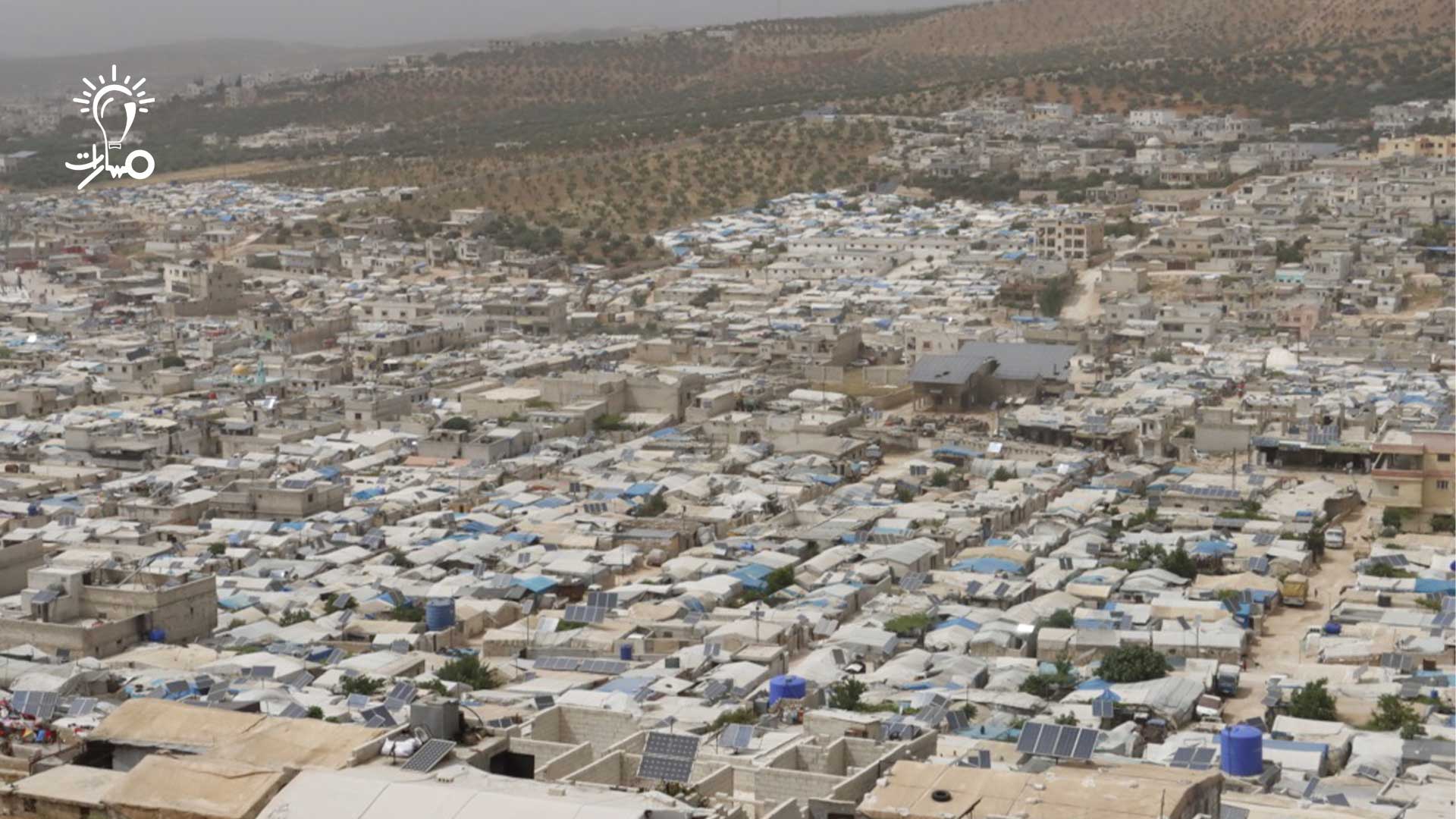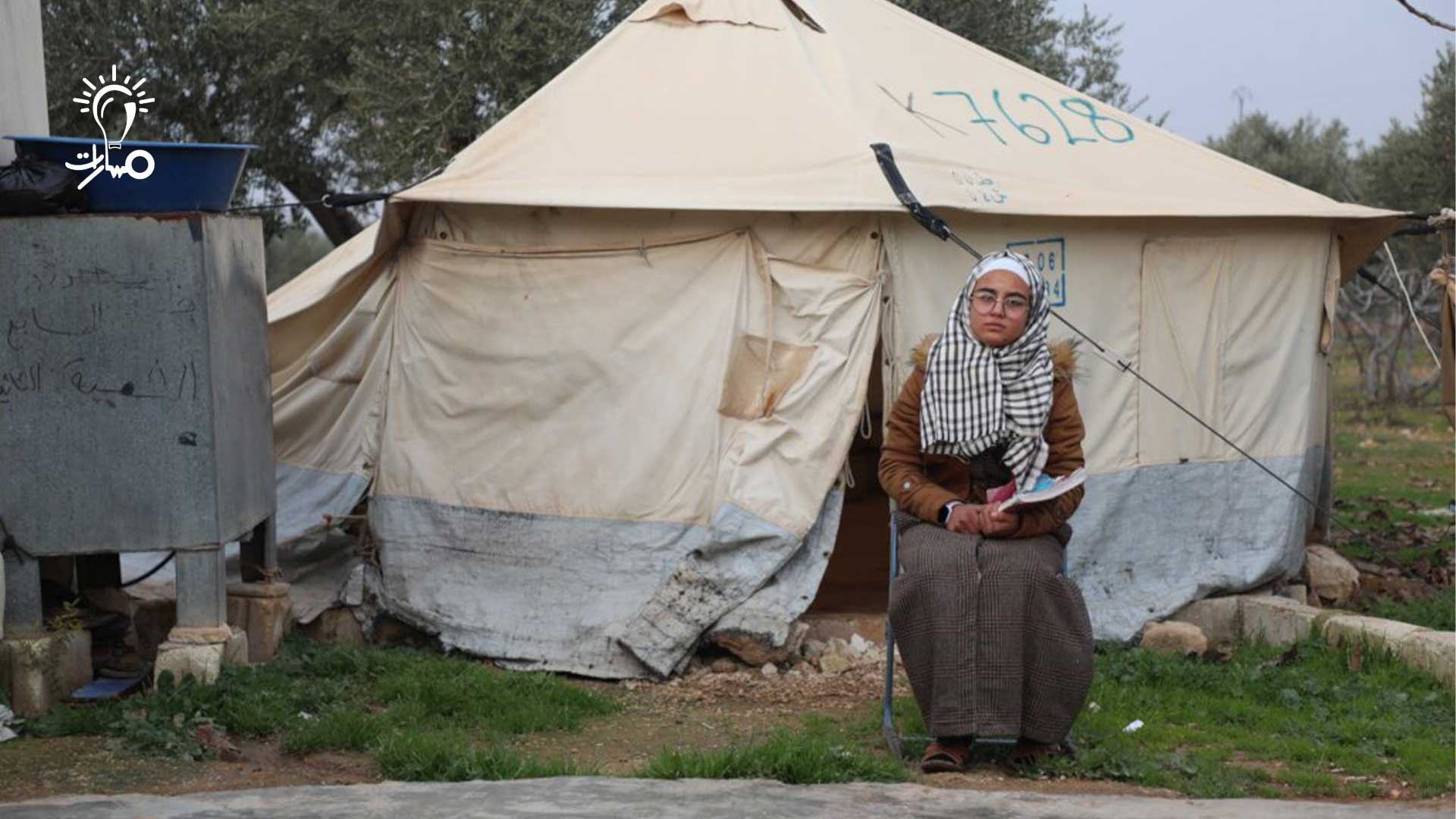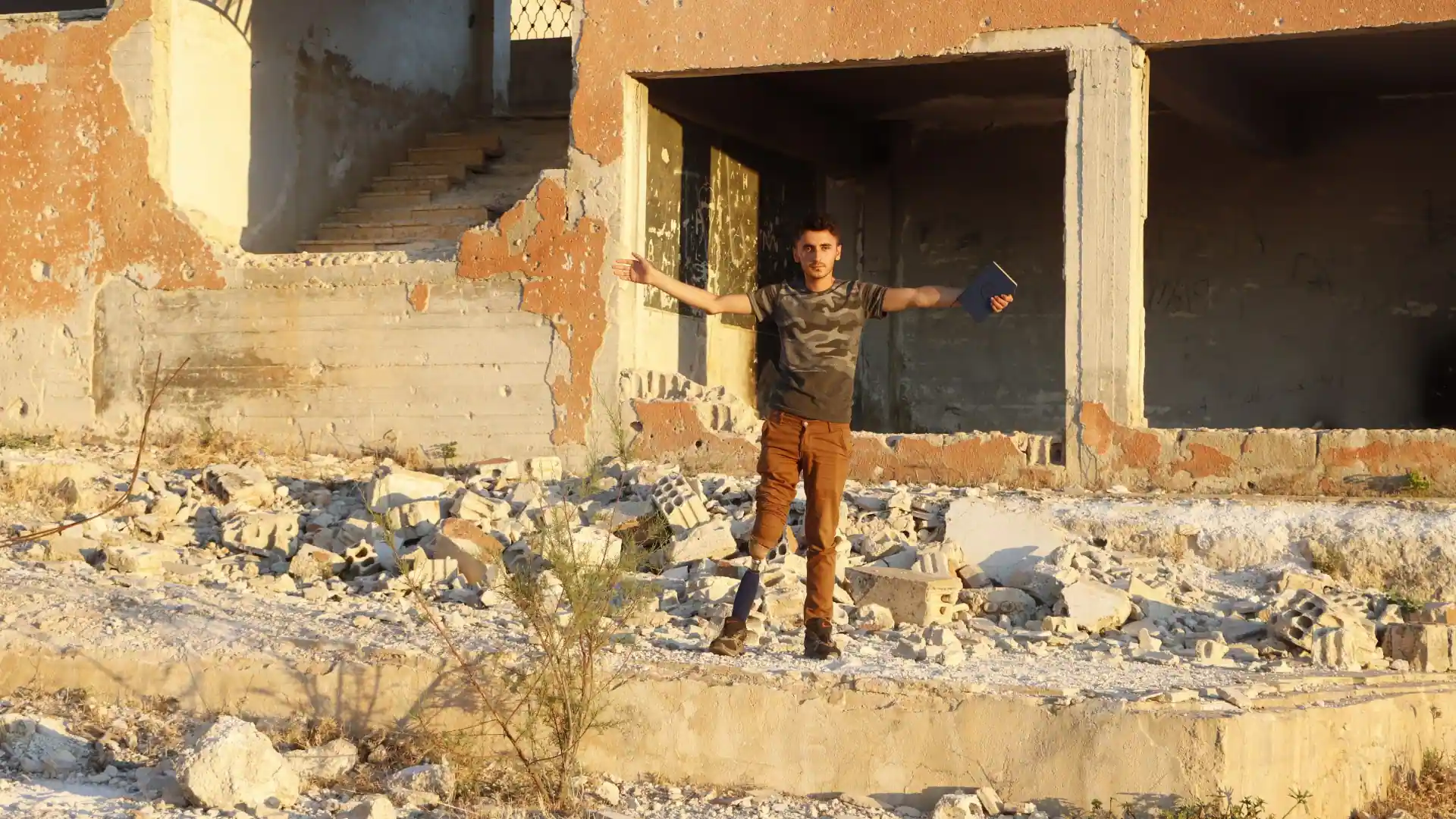Journalists in conflict zones face unique challenges under the strain of conflicts and crises, necessitating the acquisition of high-quality media material in exceedingly complex conditions.
They must suppress their deep human emotions in the face of the human suffering they witness. The difficulty lies in embodying the stories of families suffering in refugee camps, amidst harsh living conditions characterized by:
- Poverty.
- Lack of water.
- Food shortages.
- Absence of basic life necessities.
The crisis is not just about external conditions, but also extends to the psychological consequences journalists suffer from witnessing painful scenes in camps, bombing sites, and massacres.
Scenes like the smell of blood and the sight of children’s remains leave deep psychological impacts, especially when imagining that the victims could be members of their own families.
The Reality of Journalists
Journalists in northwest Syria experience a reality different from what some may imagine, far from the stereotypical image of a journalist who wakes up late and carries a lightweight camera to document what unfolds before them. These journalists live in a whirlwind of insomnia, psychological pressure, and constant thought, even during sleep.
They face numerous risks in their work, with the financial compensation not reflecting the extent of their suffering and daily challenges.
The question arises: How can journalists maintain their profession and the quality of their reporting under such harsh conditions and overwhelming human emotions?
This challenge requires:
- High skill.
- Mental resilience.
- Facing fears.
- Overcoming circumstances.
- Exceptional dedication in a profession that is one of the most difficult in the world, intertwined with a high passion for conveying the voices and sufferings of people to all corners of the globe.
The Bright Side of Suffering
Journalism in conflict areas involves moments of despair and frustration, but it also carries moments of hope and renewal. My personal experience with “Masarat Initiative for Online Education” was like a ray of light in the darkness of conflict.
This experience showed me another side of life in Syria, where individuals defy overwhelming circumstances to achieve their dreams.
Documenting the extraordinary success stories of students at Masarat Initiative, I realized there is room for hope and ambition. This hope is embodied in a family living in a tent, with one member striving to return to education despite the harsh conditions they endure.
Or the mother over fifty who chose to return to the path of knowledge and education, becoming a role model and ambitious figure, and now teaches students at a school.
Such individuals represent seeds of hope in a land weary from war and conflict. Interacting with people who have overcome life’s hardships and continue to pursue their dreams reminds us that there is always a possibility for growth and renewal.
They will rebuild this part of the world severely damaged by a war that has lasted for over a decade.
You can support them and this beacon of hope by donating to the Masarat Initiative, which supports online education and makes the path to it easy and enjoyable for those seeking it.
Author: Abdul Raouf Kantar, Volunteer at Masarat Initiative
